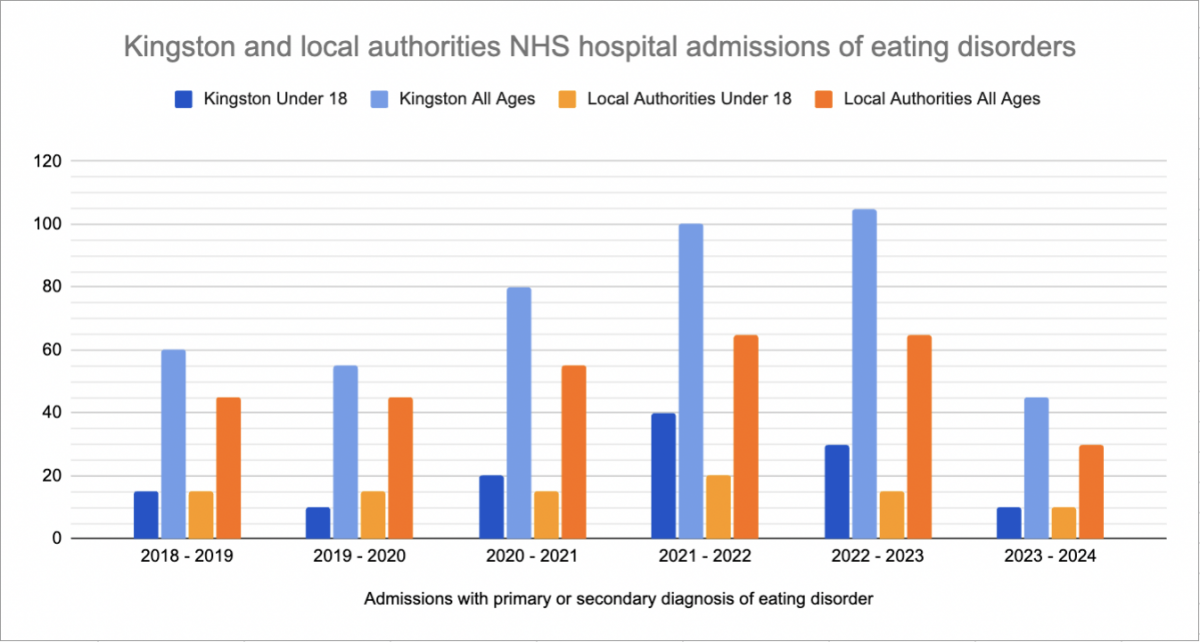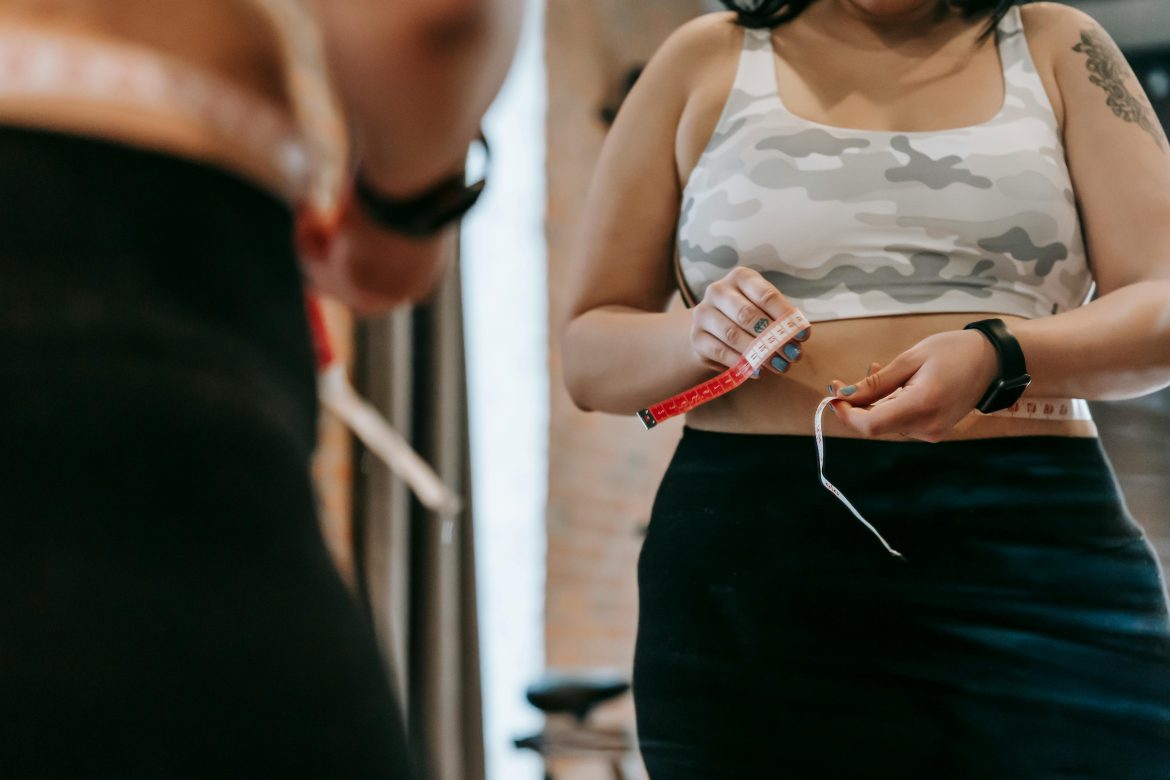One of the targets for International Women’s Day (IWD) referenced on their website,was to “help women and girls make informed decisions about their health”.
An increased emphasis on women’s physical and mental health prompts the conversation of body image, food intake, and eating disorders.
Eating disorders refer to those who have a clinically impairing disorder such as anorexia or bulimia that hinders their health through disturbances in eating behaviours, appetite or food intake.
Eating disorder rates are four times higher in young women compared to young men, and the number of cases among teenage girls aged 17 to 19 rose significantly from 1.6% of that age group in 2017 to 20.8 in 2023 according to a survey by NHS England.
Tom Quinn, director of external affairs at Beat Eating Disorders (BEAT), said this increase can be attributed to the Covid-19 lockdown.
“Eating disorders are a coping mechanism for other negative thoughts and emotions, and when stress and anxiety increased during this period, and where routines were disrupted and other coping mechanisms like seeing friends and family weren’t available a lot of people turned to their eating as a coping mechanism,” said Quinn.
The situation in Kingston
BEAT estimated that 1.25 million people in the UK are living with an eating disorder and that hospital admissions have risen by more than 50% since lockdown.
Anorexia has the highest mortality rate of any psychiatric disorder, from medical complications.
This is a concern especially as the number of eating disorder hospital admissions of children under 10 tripled and data from NHS Digital shows that one in five of those cases were girls.
An increase in hospital admissions could be due to changing attitudes as Quinn points out stigmas would have meant people “feel ashamed of their illness” and did not seek professional help.

Data source: NHS Digital
Kingston Hospital has seen more eating disorder cases than the median of every local authority, the highest number of cases being 105 recorded in 2022 – 2023.
There has been an increase in eating disorders recorded in Kingston for ages over 18. This isn’t uncommon as BEAT research reports there are also cases developing in women in their 70s and it’s important to not stigmatise the age, gender or race to a specific group of people.
“A common misconception is about who is affected by eating disorders. Women and girls are more likely to be affected than men and boys, but still around a quarter of those affected are expected to be male.
“The misconception that eating disorders predominantly affects ‘young, white girls from middle-class backgrounds’ is completely wrong,” said Quinn.
How to recognise the signs
Identifying the signs of an eating disorder can be challenging, as symptoms can vary widely between individuals and disorders. However, according to BEAT common signs may include:
– Rapid weight loss or an irregular shift between weights.
– Obsessive attention to food, calories, or body image.
– Extreme dieting behaviors, such as fasting or avoiding certain food groups.
– Excessive exercise, regardless of physical state or harsh weather conditions
– Avoids social gatherings and often isolates themselves.
– Changes in mood, including irritability or depression.
– Physical symptoms such as dizziness, fainting, or digestive issues.
How to find help in Kingston
If you or someone you know is struggling with an eating disorder, it is essential to seek help as soon as possible. Here are steps you can take.
1. Get clarity on the issue: Opening up about your struggles is the first step towards recovery.
iCope Kingston is an NHS talking therapies service which offers Individual Behavioural Therapy sessions and you can self refer.
2. Seek professional help: Consult with your healthcare provider to get a personalised treatment plan. They can point you to counselling sessions from vetted psychiatrists, dietitians, and occupational therapists.
3. Practice self-care: Get involved in self-care activities that promote physical and emotional well-being. This may include regular exercise, mindfulness practices, and having an open conversation with friends and family who you trust.
iCope NHS also recommends reading these self-help books on eating disorders.
IWD is a time to celebrate and reflect on women’s achievements as well as serve as a vital reminder of the support we need to provide young women to ensure they take care of their health; mentally and physically.
By recognising the signs and seeking help, individuals can take the first steps towards recovery and reclaiming their health and well-being. Celebrate small victories along the way and remember that healing takes time and help is available.
Other useful links and organisations
Beat Helpline (Eating Disorder Charity) Phone 0845 634 1414
iCope Kingston NHS Talking Therapies Service Email kingston.icope@candi.nhs.uk Phone 02033177850
Mind in Kingston Support Line (Crises Support Charity) Phone 0800 028 8000






